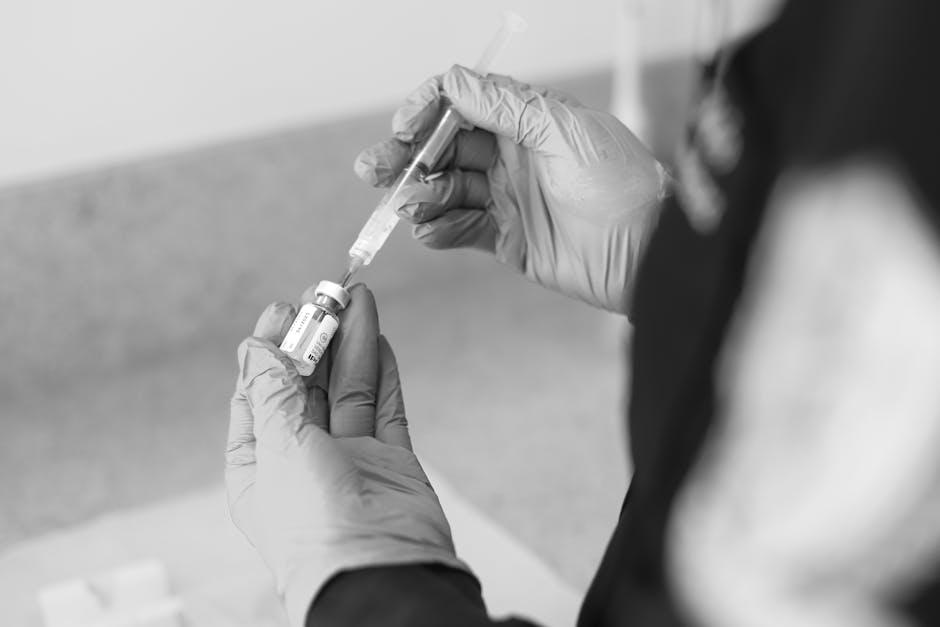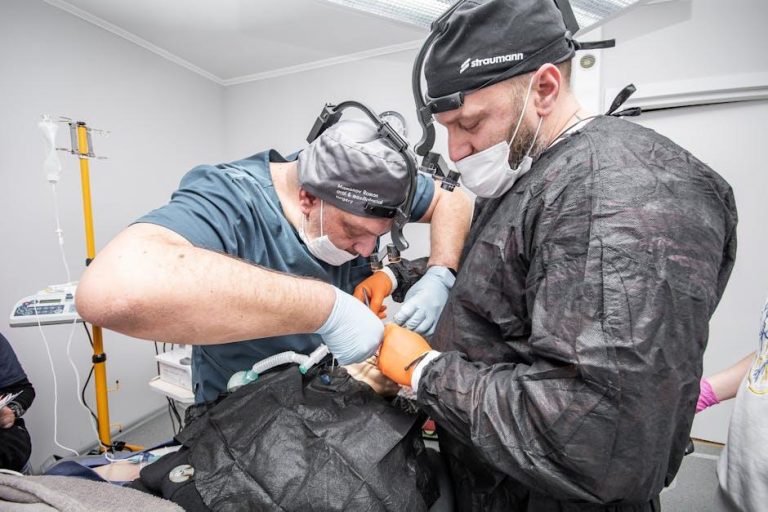
Bridging the Gap: What Drives Hospital Dentists to Specialise?
Hospital dentists play a crucial role in delivering specialized oral health care that extends beyond routine dental procedures performed in general practice. But what exactly motivates these healthcare professionals to take the leap into specialization? In this article, we explore the key drivers behind hospital dentists choosing to specialise, how this impacts career progression and patient care, and provide useful tips and insights for aspiring specialists in the field.
Understanding the Landscape: Hospital Dentists vs. General Dentists
Before diving into the motivations for specialising, it’s important to distinguish hospital dentists from their general practice counterparts:
- Hospital Dentists: Work primarily in hospitals and often treat patients with complex cases, trauma, cancer, or medically compromised conditions that require multidisciplinary care.
- General Dentists: Provide everyday oral health services such as check-ups, fillings, cleanings, and preventive treatments.
The transition from general dentistry to specialization can be seen as a bridge that narrows the gap between routine care and advanced clinical expertise.
Key Motivators Driving Hospital Dentists to Specialise
1. Passion for Advanced Clinical Expertise
Many hospital dentists pursue specialization to gain deeper knowledge and technical skills in niche areas such as oral surgery, orthodontics, paediatric dentistry, or oral medicine. They often relish the challenge of diagnosing and managing complex cases that require advanced training.
2. Desire to Impact Patient Outcomes
Hospital-based specialists frequently care for patients with serious systemic illnesses or trauma affecting oral health. Specialising enables these dentists to deliver targeted treatments that can significantly improve quality of life, deeply motivating their professional commitment.
3. Professional Development and Career Advancement
Specialisation opens doors to leadership roles, research opportunities, teaching positions, and higher remuneration. Many hospital dentists are motivated by the potential for career progression and recognition in their field.
4. Multidisciplinary Collaboration
Hospital settings often involve working alongside oncologists, ENT specialists, radiologists, and other healthcare professionals. Specialisation equips dentists with the knowledge and confidence to collaborate in complex care teams.
5. Intellectual Curiosity and Lifelong Learning
The dynamic nature of hospital dentistry drives specialists to continually update their knowledge, engage in clinical research, and stay abreast of innovations such as digital dentistry and biomaterials.
Benefits of Specialising as a Hospital Dentist
- Enhanced Clinical Skills: Gain proficiency in advanced procedures and management of medically complex patients.
- Increased Job Satisfaction: Directly improve patient outcomes and engage in meaningful work.
- Broader Career Opportunities: Access roles in teaching, administration, and research.
- Better Remuneration: Specialized roles typically command higher salaries and benefits.
Practical Tips for Dentists Considering Specialisation
- Assess Your Interest and Strengths: Identify which specialty aligns with your passion and skill set.
- Gain Experience in Hospital Dentistry: Seek internships or rotations in hospital settings to understand the environment.
- Pursue Accredited Training Programs: Research postgraduate courses offering recognised certification for specialists.
- Network with Mentors: Connect with experienced hospital specialists for guidance and advice.
- Stay Updated: Engage with continuing professional development (CPD) and subscription to relevant journals like Nature Reviews Dental Sciences.
Real-World Case Study: Dr. Emily Clarke’s Journey to Oral and Maxillofacial Surgery
Dr. Emily Clarke started her career in general dentistry but soon realized her fascination with trauma cases led her to specialise in oral and maxillofacial surgery. She highlights three driving factors:
- Exposure to complex hospital cases during early training sparked her interest.
- Mentorship from senior surgeons encouraged her career switch.
- A passion for combining surgical skills with patient care motivated her dedication through years of specialist training.
Today, Dr. Clarke manages critical facial trauma and cancer cases, making a significant impact on patient quality of life and pushing advancements in reconstructive techniques.
Comparison: Types of Specialisations for Hospital Dentists
| Specialty | Focus Area | Typical Patients | Training Duration |
|---|---|---|---|
| Oral and Maxillofacial Surgery | Facial trauma, cancer, reconstructive surgery | Trauma victims, cancer patients | 5-6 years |
| Paediatric Dentistry | Oral health care for children, special needs oral care | Children, medically compromised kids | 2-3 years |
| Oral Medicine | Diagnosis and management of oral diseases | Patients with systemic disease-related oral issues | 3-4 years |
| Orthodontics | Teeth alignment and bite correction | Adolescents, adults with malocclusion | 2-3 years |
Conclusion
Specialisation is more than a career upgrade for hospital dentists — it is a commitment to advancing clinical expertise, improving complex patient outcomes, and collaborating in multidisciplinary healthcare teams. The motivations range from intellectual curiosity to a passion for making a meaningful difference in patient lives. For dentists contemplating this pathway, understanding these drivers and planning accordingly can bridge the gap from general practice to rewarding specialist roles.
By embracing specialization, hospital dentists not only elevate their own careers but contribute to the broader advancement of oral healthcare science and practice.


